STOCKHOLM, Sweden: Even though no dental filling lasts forever, there are evident differences in the longevity of filling materials. Researchers from the KTH Royal Institute of Technology in Sweden recently developed a new material that offers improvements compared with existing acrylate-based fillers. The researchers regard their work as a guide for the future development of materials for implants.
Adapted from bone fracture adhesive research at KTH, the material, which can be moulded in a clinical setting, surpasses currently used implant materials in key areas of stiffness, strength, biocompatibility and adhesion.
According to co-researcher Prof. Michael Malkoch, from the Department of Fibre and Polymer Technology at KTH, the new material was found to bond to tooth surfaces 160 per cent better than current commercially available polymers do, which means that fewer patients would experience the detachment of dental fillers. It also has the potential for 3-D printing in a clinical setting.
“It provides higher strength, straightforward moldability and non-toxicity. We believe this foretells a new era in hard tissue repair,” said Malkoch.
The research team used light-initiated chemistry to polymerise the monomers. The advantage of this type of reaction is that it generates higher cross-linking density, thus resulting in more rigid and mechanically stronger materials.
“An important feature is the excellent biological profile of the composition and final material. Personally, I would rather have these materials as dental fillers than existing acrylate-based ones, known for their allergenic properties and questionable compositions,” concluded Malkoch.
The study, titled “The dawn of thiol‐yne triazine triones thermosets as a new material platform suited for hard tissue repair”, was published online in Advanced Materials on 2 November 2018 ahead of inclusion in an issue.
Tags:
Many dental professionals are already familiar with 3D printing. The technology continues to find application in the creation of custom surgical guides, ...
Dentistry, just like other medical fields, is not immune to digital disruption, and significant technological advancements have taken place in recent ...
PHILADELPHIA, U.S.: Dentists rely on composite materials to perform restorative procedures, such as filling cavities. However, these materials, just like ...
TEHRAN, Iran: A new analysis of Global Burden of Disease data from 2021 shows that, while some indicators of dental caries have improved across the Middle ...
Root canal decontamination and adequate sealing play an important role in endodontic success. However, the obturation process represents a challenge to the ...
Recent developments in composite resin materials and bonding technology have made the routine use of these materials in posterior teeth possible.1 Direct ...
PORTLAND, Ore., U.S.: In a recent development that could have a huge impact on the dental industry, researchers from the Oregon Health and Science ...
LONDON, England: Previous research has shown that, when combined, dental epithelial and mesenchymal cells can form tooth-like structures in vitro called ...
NIZHNY NOVGOROD, Russia: According to some experts, deterioration of human health is one of the most pressing problems in modern medicine—concerning ...
NEW YORK, U.S.: Fluoride can prevent dental caries by promoting mineralization and making tooth enamel more resistant to acid. However, a new study has ...
Live webinar
Tue. 10 February 2026
7:00 pm EST (New York)
Prof. Dr. Wael Att, Dr. Robert A. Levine DDS, FCPP, FISPPS, AOD, Dr. Larissa Bemquerer ITI Scholar at Harvard
Live webinar
Wed. 11 February 2026
11:00 am EST (New York)
Dr. med. dent. Sven Mühlemann
Live webinar
Wed. 11 February 2026
12:00 pm EST (New York)
Prof. Dr. Samir Abou Ayash
Live webinar
Fri. 13 February 2026
12:00 pm EST (New York)
Live webinar
Mon. 16 February 2026
12:00 pm EST (New York)
Live webinar
Tue. 17 February 2026
12:00 pm EST (New York)
Live webinar
Wed. 18 February 2026
9:00 am EST (New York)
Dr. Anna Lella, Ms. Francesca Nava



 Austria / Österreich
Austria / Österreich
 Bosnia and Herzegovina / Босна и Херцеговина
Bosnia and Herzegovina / Босна и Херцеговина
 Bulgaria / България
Bulgaria / България
 Croatia / Hrvatska
Croatia / Hrvatska
 Czech Republic & Slovakia / Česká republika & Slovensko
Czech Republic & Slovakia / Česká republika & Slovensko
 France / France
France / France
 Germany / Deutschland
Germany / Deutschland
 Greece / ΕΛΛΑΔΑ
Greece / ΕΛΛΑΔΑ
 Hungary / Hungary
Hungary / Hungary
 Italy / Italia
Italy / Italia
 Netherlands / Nederland
Netherlands / Nederland
 Nordic / Nordic
Nordic / Nordic
 Poland / Polska
Poland / Polska
 Portugal / Portugal
Portugal / Portugal
 Romania & Moldova / România & Moldova
Romania & Moldova / România & Moldova
 Slovenia / Slovenija
Slovenia / Slovenija
 Serbia & Montenegro / Србија и Црна Гора
Serbia & Montenegro / Србија и Црна Гора
 Spain / España
Spain / España
 Switzerland / Schweiz
Switzerland / Schweiz
 Turkey / Türkiye
Turkey / Türkiye
 UK & Ireland / UK & Ireland
UK & Ireland / UK & Ireland
 Brazil / Brasil
Brazil / Brasil
 Canada / Canada
Canada / Canada
 Latin America / Latinoamérica
Latin America / Latinoamérica
 USA / USA
USA / USA
 China / 中国
China / 中国
 India / भारत गणराज्य
India / भारत गणराज्य
 Pakistan / Pākistān
Pakistan / Pākistān
 Vietnam / Việt Nam
Vietnam / Việt Nam
 ASEAN / ASEAN
ASEAN / ASEAN
 Israel / מְדִינַת יִשְׂרָאֵל
Israel / מְדִינַת יִשְׂרָאֵל
 Algeria, Morocco & Tunisia / الجزائر والمغرب وتونس
Algeria, Morocco & Tunisia / الجزائر والمغرب وتونس
 Middle East / Middle East
Middle East / Middle East























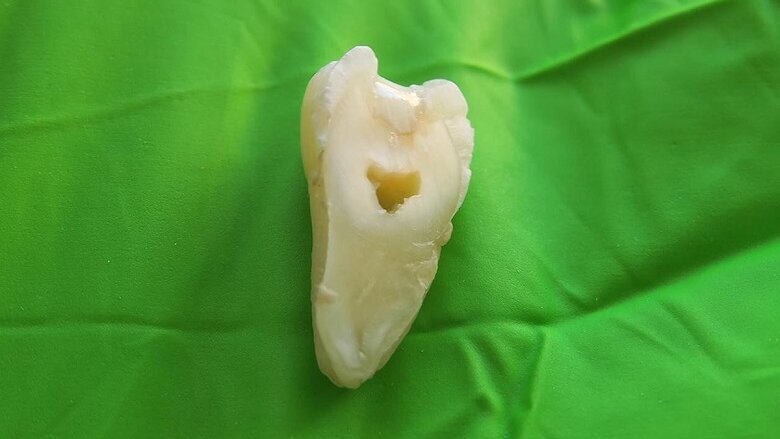





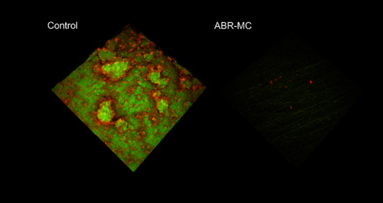

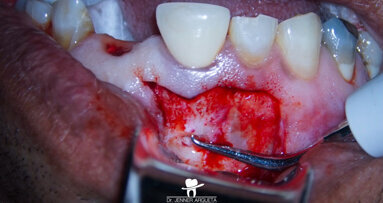
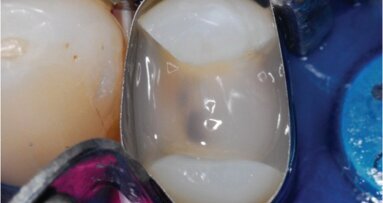
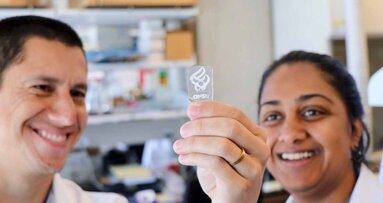
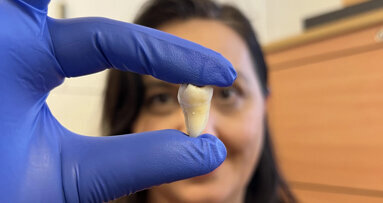

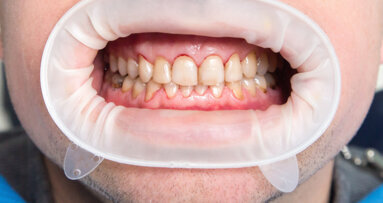










To post a reply please login or register